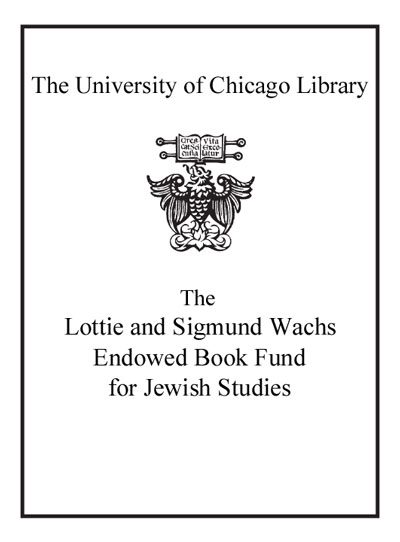Review by Choice Review
Henry (emer., philosophy and literature, Whitman College) offers a fascinating work on the multidimensional facets of rescuers of Jews in France during the Holocaust, particularly those centered in and around Le Chambon-sur-Lignon. The title derives from the words of a "righteous rescuer," Andre Trocme: "We don't know what a Jew is, we only know men." Therein lies this book's importance for the "rescue" literature, in establishing the sort of altruistic self-transcendence, but not selflessness, that characterizes many rescuers' basic motivation. Henry's main goal is to establish what really occurred in this village in 1939-44 and thereby marshal sufficient evidence against inaccurate, false historical narratives (or "legendary memory") about France's response to the Nazi occupation, e.g., the idea that singular acts of resistance were rare, solitary instances of individual courage. Indeed, he shows that the rescuers of Jews--both righteous gentiles and Jews-- often had much assistance from many thousands of ordinary French citizens. Especially noteworthy is the chapter on Camus' The Plague, written during his stay near Le Chambon in 1942-43. Finally, this volume is the result of the author's original research involving hitherto inaccessible documents, letters, and interviews, and unpublished autobiographical notes by some key rescuers themselves. Excellent index and bibliography. Summing Up: Highly recommended. All levels. A. S. Rosenbaum Cleveland State University
Copyright American Library Association, used with permission.
Review by Booklist Review
This chilling book focuses on the lives of two rescuers: Daniel Trocme, a young Protestant, and Madeleine Dreyfus, a Jewish mother of two sons and one daughter. Both eventually were arrested and deported. Trocme died in the gas chamber at Maidanek concentration camp in 1944. Dreyfus survived her internment in Bergen-Belsen. In 1942 and 1943 she found shelter for hundreds of Jewish children, bringing them clothing, medicine, food tickets, and letters from their parents. Trocme, a teacher, was responsible for 20 children, aged 12 to 18, whose parents had been deported. His days were spent, in part, mending clothes, making soup, and repairing shoes with old automobile tires. He also obtained false identity cards for the children. Meticulously researched, the book provides an in-depth look at this aspect of the Holocaust.--Cohen, George Copyright 2007 Booklist
From Booklist, Copyright (c) American Library Association. Used with permission.
Review by Choice Review
Review by Booklist Review

